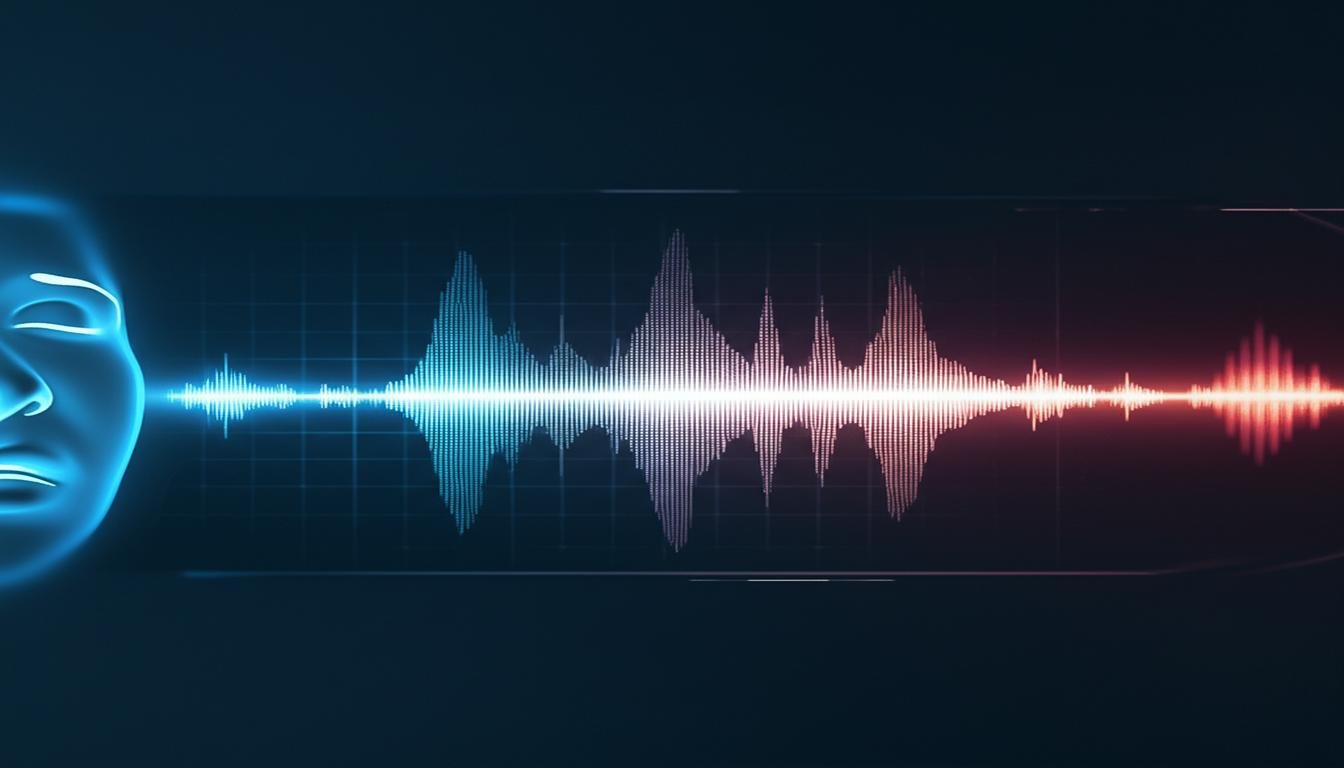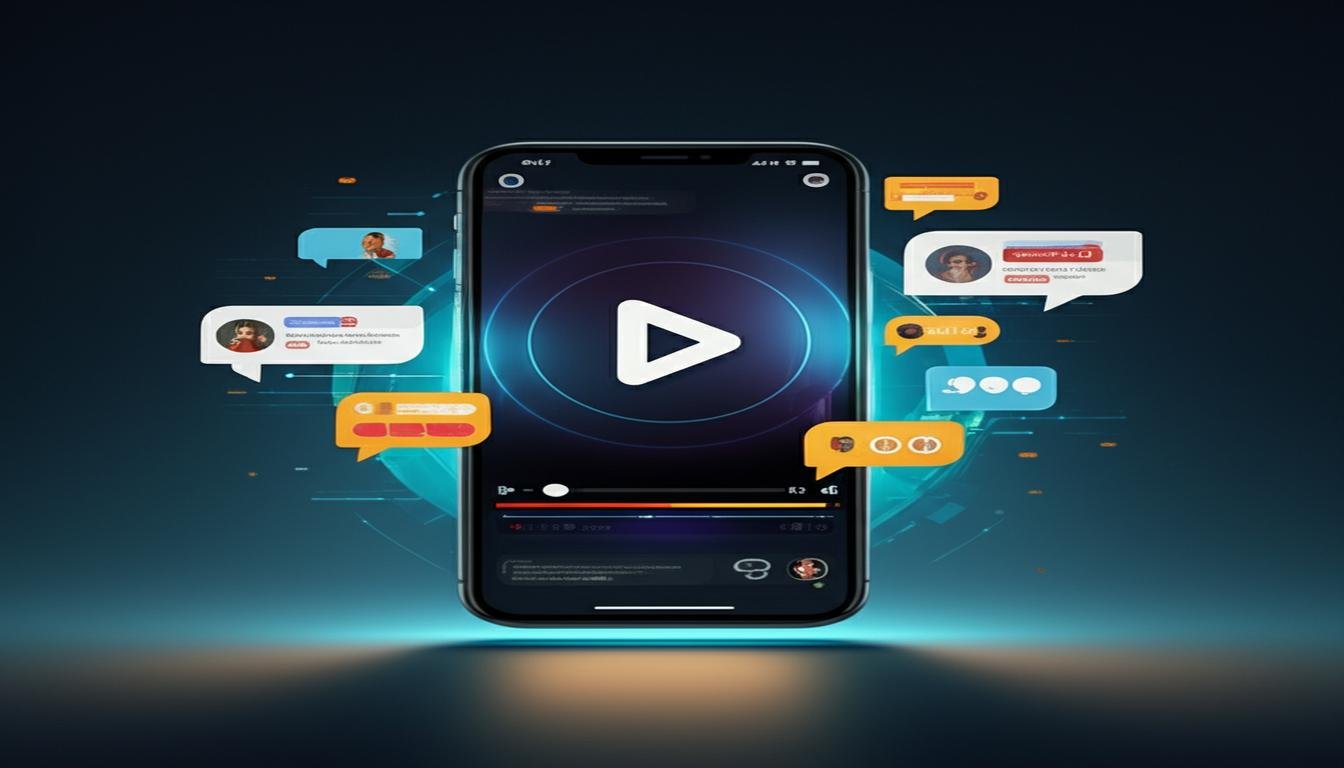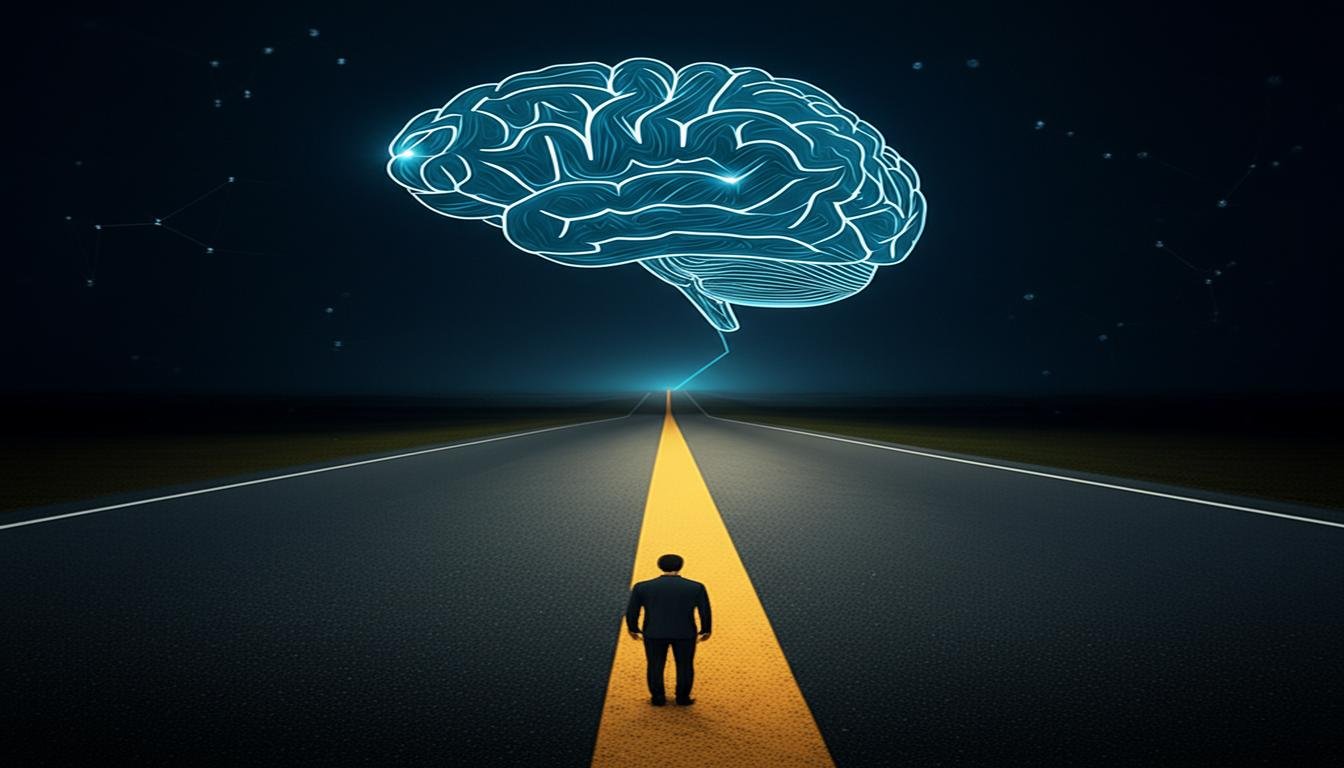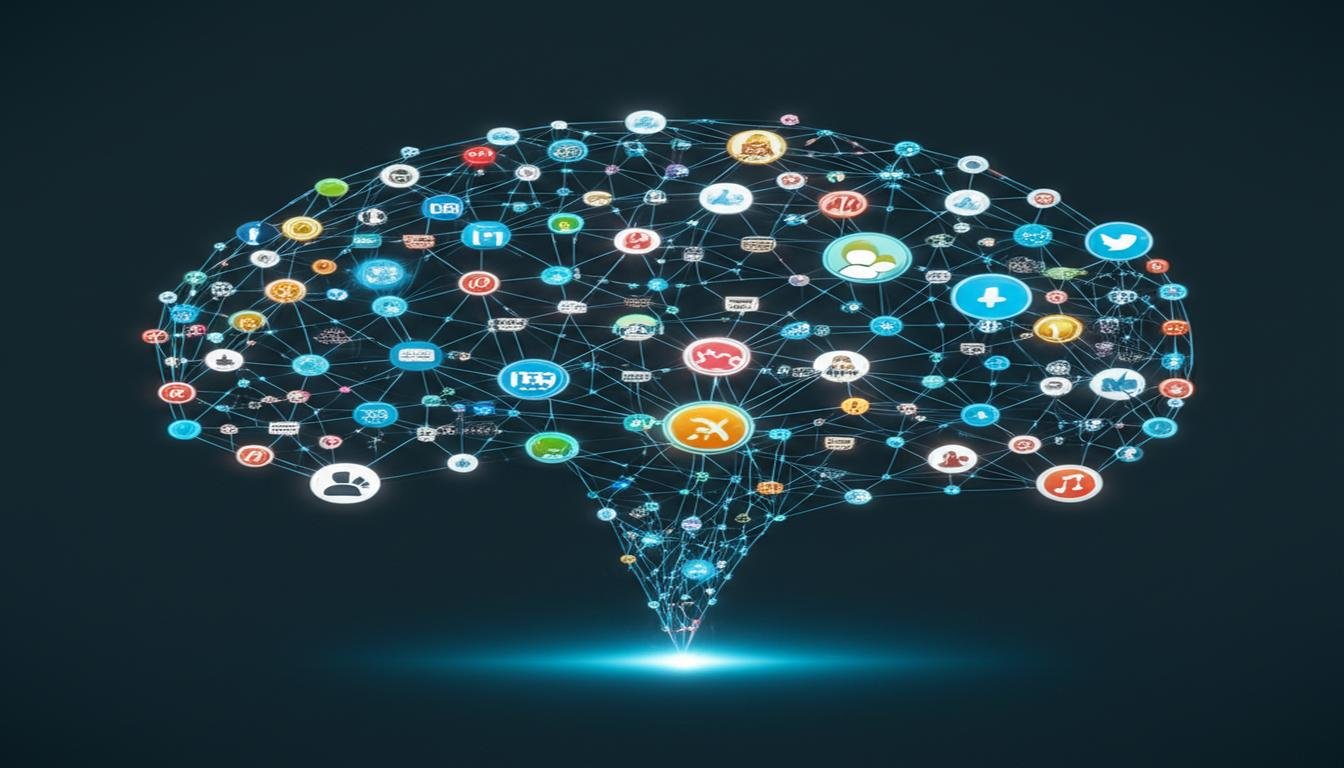Ever hit play on a podcast and wondered, “Is this person *really* talking to me?” What if I told you the “person” on the other end might not be a person at all? Welcome to the wild new world where Artificial Intelligence isn’t just writing scripts or editing audio; it’s actually hosting podcasts. And it’s making waves. But here’s the million-dollar question: could these digital denizens actually be better at the mic than us flesh-and-blood humans?
Wait, AI Can Host Podcasts Now?
Yep, you read that right. AI podcast hosts are no longer just a sci-fi fantasy. Thanks to incredible leaps in natural language processing (NLP) and text-to-speech technology, AI can now generate highly realistic human-like voices, often indistinguishable from real people. These aren’t just robotic voices reading a script; we’re talking about AI personalities that can adapt their tone, pace, and even add vocal inflections. Some are even capable of generating content on the fly, pulling information from the internet and stitching it together into a coherent conversation.
How Does an AI Podcast Host Even Work?
It’s pretty fascinating. At its core, an AI podcast host often starts with a robust text-to-speech engine. But it goes much deeper:
- Voice Cloning/Generation: They can replicate existing voices or create entirely new, unique voices from scratch.
- Script Generation: Advanced AI models can write episode scripts, sometimes even based on trending topics or user preferences.
- Dynamic Content: Some AI hosts can pull real-time data, news, or even conduct “interviews” by processing questions and generating answers.
- Emotional Nuance: While still developing, AI can now add “happiness,” “sadness,” or “excitement” to its voice, making it sound more natural.
Imagine a podcast about current events that updates hourly, hosted by a voice that never gets tired, mispronounces a name, or stumbles over words. That’s the promise.
The AI Edge: Are They Really ‘Better’?
This is where it gets interesting, and frankly, a little controversial. In certain aspects, AI hosts offer advantages that humans simply can’t match:
- Unmatched Consistency: An AI host never has a bad day, gets sick, or forgets its lines. It delivers consistent quality, episode after episode.
- Infinite Scalability: Need a daily podcast in 10 different languages? An AI can generate and host them simultaneously, something impossible for a human team.
- Cost-Effectiveness: While initial setup might be an investment, AI eliminates ongoing host salaries, studio time, and many production headaches.
- Data-Driven Personalization: AI can analyze massive amounts of listener data to understand what topics, tones, and formats resonate most, then tailor content accordingly.
- Flawless Delivery: No “ums,” “ahs,” or awkward pauses unless programmed to do so. The delivery is crisp and clean.
For niche content, news updates, or highly technical subjects that require immense accuracy and consistent delivery, AI hosts could indeed be seen as “better” or at least more efficient.
But What About the Human Touch? The Downsides of AI Podcasting
Before we declare the robot uprising complete, let’s pump the brakes. There’s a reason humans still dominate the podcasting landscape, and it boils down to one critical element: connection.
- Lack of Genuine Emotion: While AI can mimic emotions, it doesn’t *feel* them. That spontaneous laugh, the empathetic sigh, the genuine passion – these are hard, if not impossible, for AI to truly replicate.
- Absence of Spontaneity & Banter: The magic of live interviews, unpredictable tangents, and the organic chemistry between co-hosts is unique to human interaction. AI follows a script or algorithm.
- Relatability: We connect with human hosts because they share our experiences, make mistakes, and have personal stories. AI lacks this shared humanity.
- Ethical Concerns: Who is responsible for the content? Can AI spread misinformation without human oversight? The lines can get blurry.
- The “Uncanny Valley” Effect: Sometimes, AI voices are *too* perfect, or just slightly off, creating an unsettling feeling rather than engagement.
Think about your favorite podcast. It’s probably the host’s personality, their unique perspective, or their ability to make you feel like you’re part of a conversation, not just a recipient of information. That’s a high bar for AI to clear.
So, Will AI Take Over the Podcast Airwaves?
Probably not entirely. At least not anytime soon. While AI is an incredibly powerful tool that will undoubtedly transform podcast production, it’s more likely to augment human efforts than fully replace them. Imagine AI handling the tedious editing, researching facts, or even drafting initial scripts, freeing up human hosts to focus on creativity, connection, and the unique spark that makes their show truly special.
AI hosts will find their niche in areas where consistency, volume, and data-driven content are paramount – think hyper-personalized news feeds, stock market updates, or educational content in multiple languages. But for the shows that thrive on personality, deep interviews, and genuine human connection, the mic will likely remain firmly in human hands.
The rise of AI in podcasting isn’t about replacing humans; it’s about expanding what’s possible. It’s opening doors to new formats, new voices, and new ways to deliver audio content. So, the next time you tune into a podcast, maybe take a moment to appreciate the incredible technology that makes it possible, whether it’s the warm voice of a human or the impressively lifelike tones of an AI. The future of listening is here, and it’s sounding more diverse than ever.









